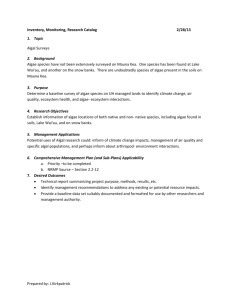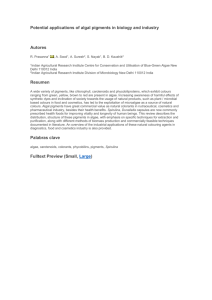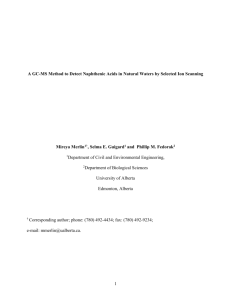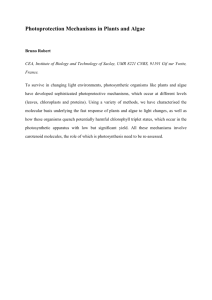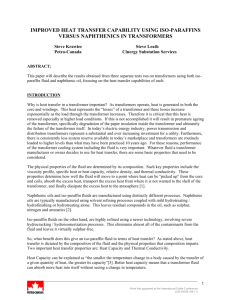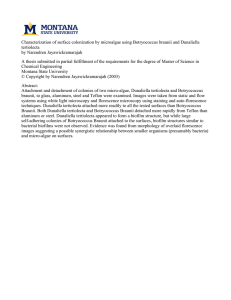Gordon Chua: Biographical Abstract
advertisement
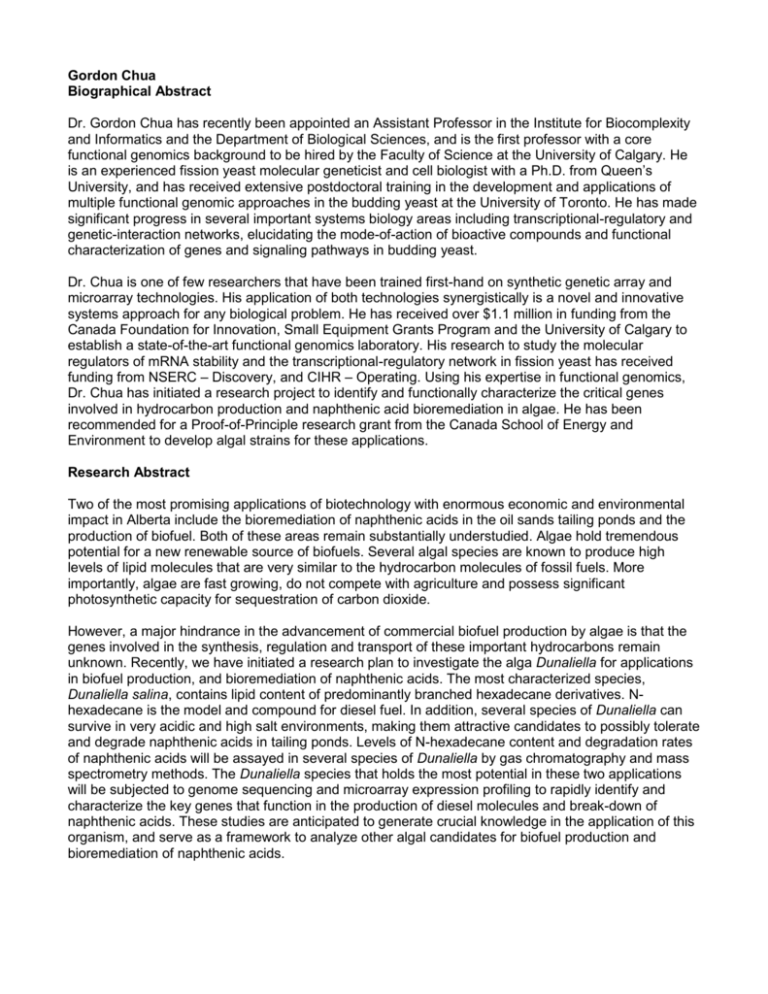
Gordon Chua Biographical Abstract Dr. Gordon Chua has recently been appointed an Assistant Professor in the Institute for Biocomplexity and Informatics and the Department of Biological Sciences, and is the first professor with a core functional genomics background to be hired by the Faculty of Science at the University of Calgary. He is an experienced fission yeast molecular geneticist and cell biologist with a Ph.D. from Queen’s University, and has received extensive postdoctoral training in the development and applications of multiple functional genomic approaches in the budding yeast at the University of Toronto. He has made significant progress in several important systems biology areas including transcriptional-regulatory and genetic-interaction networks, elucidating the mode-of-action of bioactive compounds and functional characterization of genes and signaling pathways in budding yeast. Dr. Chua is one of few researchers that have been trained first-hand on synthetic genetic array and microarray technologies. His application of both technologies synergistically is a novel and innovative systems approach for any biological problem. He has received over $1.1 million in funding from the Canada Foundation for Innovation, Small Equipment Grants Program and the University of Calgary to establish a state-of-the-art functional genomics laboratory. His research to study the molecular regulators of mRNA stability and the transcriptional-regulatory network in fission yeast has received funding from NSERC – Discovery, and CIHR – Operating. Using his expertise in functional genomics, Dr. Chua has initiated a research project to identify and functionally characterize the critical genes involved in hydrocarbon production and naphthenic acid bioremediation in algae. He has been recommended for a Proof-of-Principle research grant from the Canada School of Energy and Environment to develop algal strains for these applications. Research Abstract Two of the most promising applications of biotechnology with enormous economic and environmental impact in Alberta include the bioremediation of naphthenic acids in the oil sands tailing ponds and the production of biofuel. Both of these areas remain substantially understudied. Algae hold tremendous potential for a new renewable source of biofuels. Several algal species are known to produce high levels of lipid molecules that are very similar to the hydrocarbon molecules of fossil fuels. More importantly, algae are fast growing, do not compete with agriculture and possess significant photosynthetic capacity for sequestration of carbon dioxide. However, a major hindrance in the advancement of commercial biofuel production by algae is that the genes involved in the synthesis, regulation and transport of these important hydrocarbons remain unknown. Recently, we have initiated a research plan to investigate the alga Dunaliella for applications in biofuel production, and bioremediation of naphthenic acids. The most characterized species, Dunaliella salina, contains lipid content of predominantly branched hexadecane derivatives. Nhexadecane is the model and compound for diesel fuel. In addition, several species of Dunaliella can survive in very acidic and high salt environments, making them attractive candidates to possibly tolerate and degrade naphthenic acids in tailing ponds. Levels of N-hexadecane content and degradation rates of naphthenic acids will be assayed in several species of Dunaliella by gas chromatography and mass spectrometry methods. The Dunaliella species that holds the most potential in these two applications will be subjected to genome sequencing and microarray expression profiling to rapidly identify and characterize the key genes that function in the production of diesel molecules and break-down of naphthenic acids. These studies are anticipated to generate crucial knowledge in the application of this organism, and serve as a framework to analyze other algal candidates for biofuel production and bioremediation of naphthenic acids.
